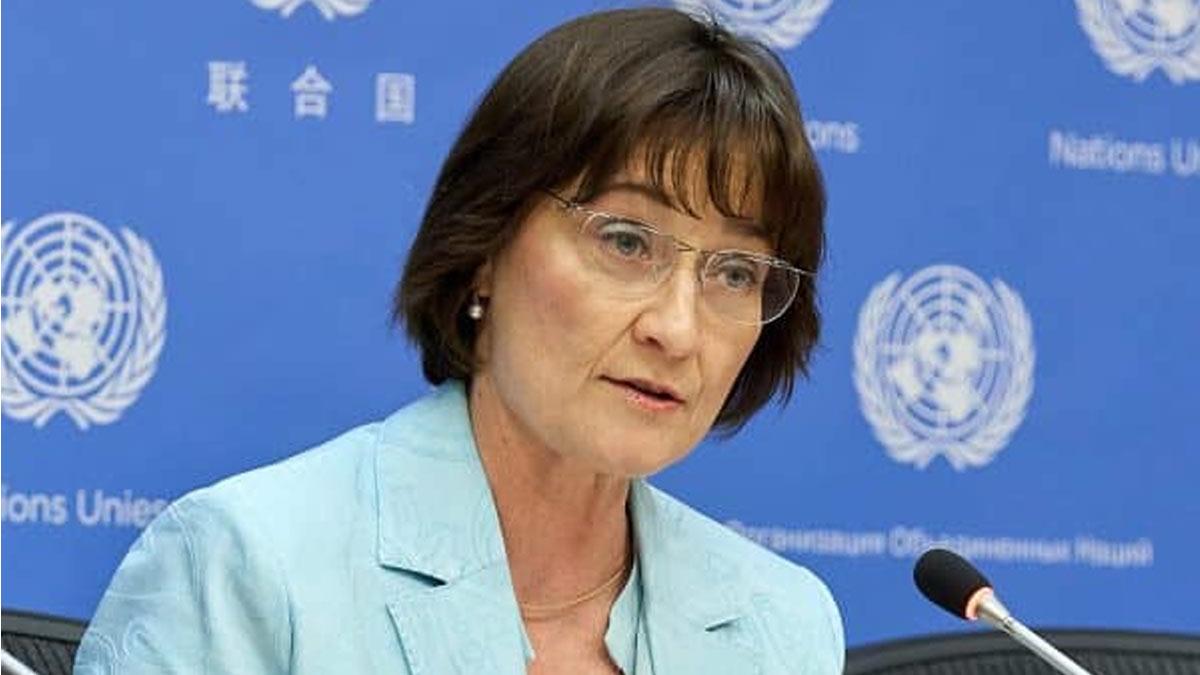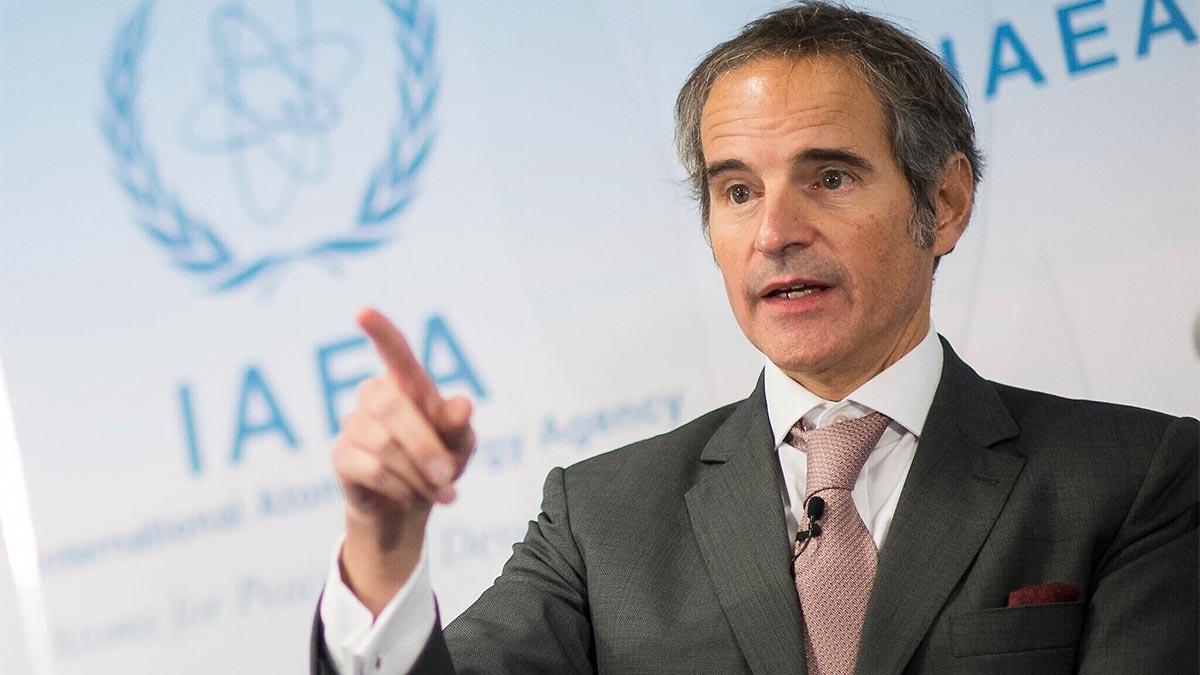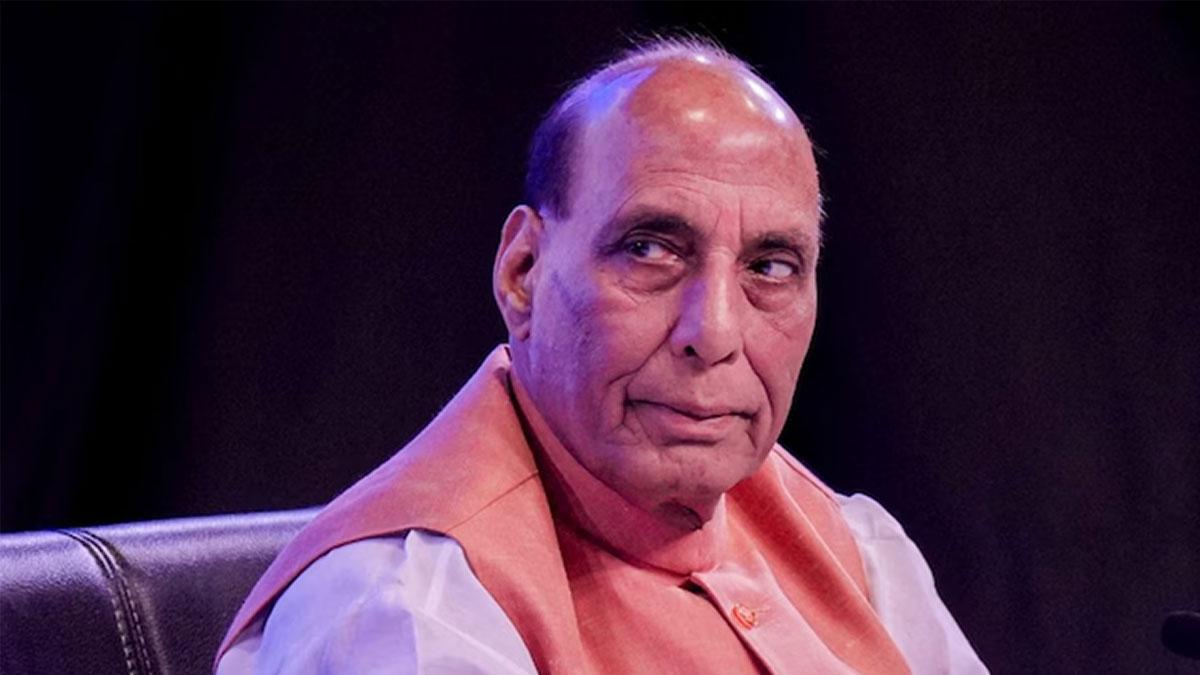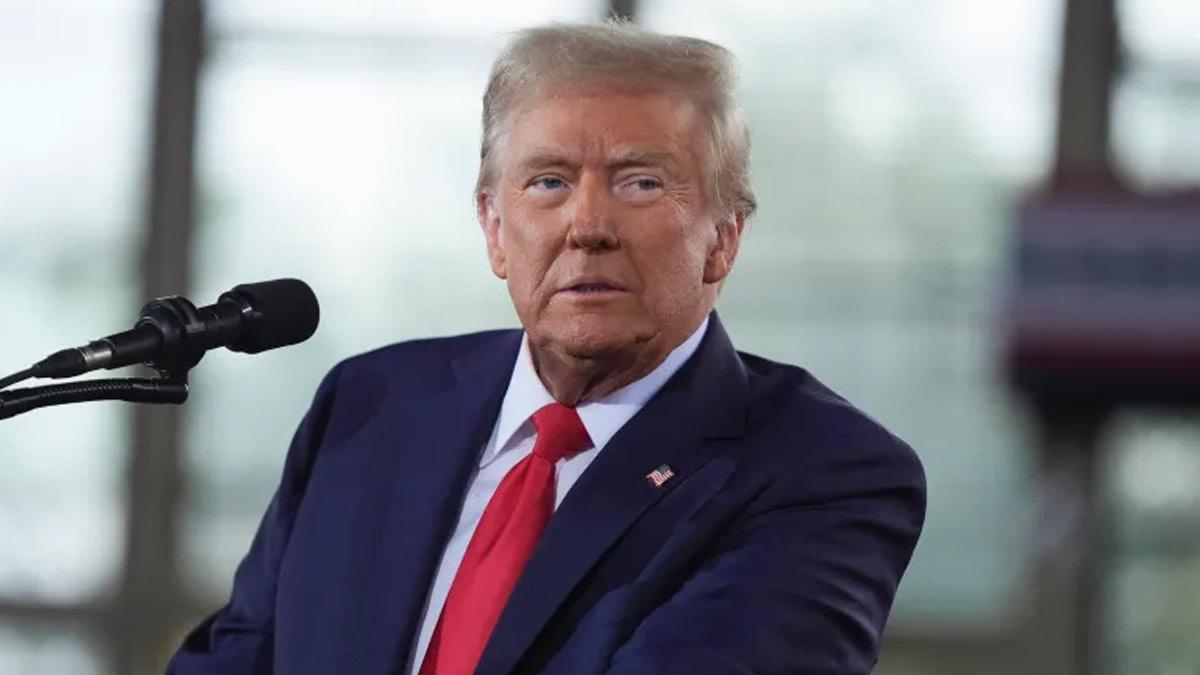Switzerland argues for an "intermediate solution" of expanding the Security Council with some countries elected to serve for a longer time with a possibility of re-election, while not excluding permanent members if there is a consensus, told journalists on Tuesday Council President Pascale Christine Baeriswyl.
"We support the so-called intermediate solution, which means that you would have elected members for a term of more than two years, which can be re-elected immediately but shall still pass the legitimization test of the General Assembly," he said, after assuming the presidency of the Council at a news conference held for reporters.
Speaking in her national capacity, she suggested that this may serve as an intermediate solution to the tough resistance of some countries from a greater permanent seat expansion which blocked reforms but Berne is amenable to adding permanent members if everyone sees eye-to-eye on this.
"At the moment, the solution we are promoting is the so-called intermediate solution," she said.
Added: "If there was consensus, a large consensus, (for expansion) with additional permanent seats, then we would, of course, reconsider."
The Council should be more representative, especially with a better role for African nations, she added.
Baeriswyl also said Switzerland supported text-based negotiations for Council reform, a procedure that faces obstacles in the Inter-Governmental Negotiations process that prevents progress.
Co-facilitators for the last session of the General Assembly of the United Nations, Permanent Representative Tareq Albanai of Kuwait and Alexander Marschik of Austria "have been doing a great job" and "I expect that based on their work, we can make an important step forward," she said.
Yet more significant was the reform of the working methods of the council itself, particularly the exercise of vetoes by permanent members on issues like genocide and imposing sanctions.
Read also| Israel Pledges Retaliation Following Missile Strikes from Iran


















